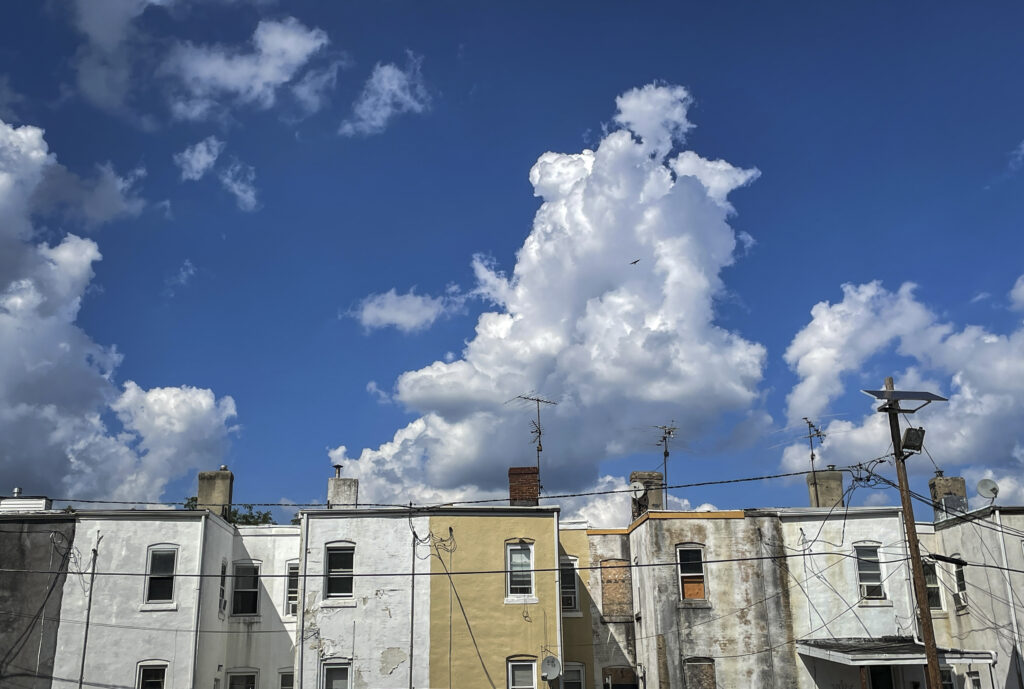A new regulation requires operators of sober living homes to have paid staff on site overnights. (Photo by New Jersey Monitor)
Sober living homes are life-saving for individuals who are in recovery. For some, it’s the first stable and supportive place they may have ever lived. However, a recent change to how these sober homes are regulated here in New Jersey may put many of them out of business, and put the lives and recoveries of hundreds at risk.
Cooperative sober living residences — or “sober homes” — are residential properties that house those suffering from substance use disorder. Residents in these homes are required to remain drug and alcohol free, and live together while they attend 12-step meetings and work in the community. The concept is simply to create a substance-free, self-supporting environment. Residents pay rent, work, and live together like a family. There is no treatment at the residential home, as residents have already completed inpatient rehabilitation elsewhere.
Unfortunately, effective Jan. 6, 2025, a major change occurred that substantially threatens cooperative sober living residences licensed by the state of New Jersey. It requires that operators of sober homes must now have paid staff on site at the homes from 7 p.m. to 7 a.m. — a rule that makes no sense, considering these homes are not treatment facilities, nor halfway houses, nor group homes. They are households just like any other, whose operators and residents happen to be supporting each other in their recovery. In a perfect world, it would be great to have a house manager. But without additional funding to make that happen, this rule might financially ruin many of the already few sober houses in New Jersey.
This change was made by regulation, not voted on by the legislature, and without input from recovery advocates, cooperative sober living residence operators, or stakeholders. It will raise costs for owners and operators of these homes substantially and put many homes out of business. Because there is no insurance coverage or government funding for these homes, the additional costs will need to be covered by the resident or their family at a time inflation and utilities are already affecting prices.
Most residents at sober homes begin their recovery journey with major economic challenges. Rent at sober homes averages about $800 a month, and because family members, nonprofits, and friends often help with initial rent payments, many individuals without support already don’t have the means to live in these life-saving homes.
People in recovery will lose their places to live, and more people looking to continue their recovery journey will be priced out altogether. It is clear that the Murphy administration simply does not understand the basic premises and focus of these homes.
Alex DeSevo is a trial attorney and a manager of local sober houses.
Read the full article here


